Five top aides to UK's Johnson step down amid 'partygate' scandal
Five top aides to British Prime Minister Boris Johnson have resigned from 10 Downing Street within hours of each other, dealing a fresh blow to his embattled government amid ‘partygate’ scandal.
A member of 10 Downing Street policy unit, Elena Narozanski, is the latest aide to leave Johnson's office, on Friday, according to Paul Goodman, the editor of Conservative Home.
Narozanski served as a special adviser to the UK prime minister on women and equalities, department for culture, media and sport, and extremism.
Earlier, the UK premier’s policy chief Munira Mirza, chief of staff Dan Rosenfield, principal private secretary Martin Reynolds, and communications director Jack Doyle stepped down on Thursday, days after an incriminating probe confirmed multiple lockdown-breaching parties at the 10 Downing Street.
The mass exodus of Johnson’s key advisors came as he continues to resist calls for his resignation even after the probe report blasted “failures of leadership and judgment” at 10 Downing Street.
The drinks parties, which have stirred up a hornet’s nest in the UK, were hosted at Johnson’s official residence at a time when the country was under the strict coronavirus lockdown.
The report of the exhaustive investigation, made public on Monday, confirmed multiple parties and a culture of excessive drinking at Downing Street.
"Against the backdrop of the pandemic, when the government was asking citizens to accept far-reaching restrictions on their lives, some of the behavior surrounding these gatherings is difficult to justify," the report, authored by senior civil servant Sue Gray, noted.
British media has described Mirza's departure as “the most consequential,” citing her reputation as one of Johnson's longtime allies and a key political player who helped shape his platform – which also made her unpopular with other members of the ruling Conservative Party.
While Doyle's departure was expected, Rosenfield and Reynolds' resignations are being framed as part of a shake-up Johnson promised after the revelations from Monday's report.
A report in BBC quoted Doyle telling her staff that "recent weeks have taken a terrible toll on my family life", but that he had always intended to leave after two years.
Mirza, meanwhile, explained that her decision was motivated by controversial comments made by Johnson about opposition Labour Party Leader Keir Starmer.
Johnson on Monday alleged that Starmer failed to prosecute Britain's most notorious pedophile, Jimmy Saville, while serving as the director of public prosecutions, which prompted Starmer to accuse the prime minister of "parroting the conspiracy theories of violent fascists to try and score cheap political points."
Mirza in her resignation letter said she believed "it was wrong" for Johnson "to imply that Starmer was personally responsible for allowing Savile to escape justice, calling it “unfair and unreasonable”.
Johnson rejected the notion that his remarks about Starmer were inappropriate but told media that he was "sorry to lose" Mirza, who had worked with him for 14 years.
The development came a day after three fresh calls from within Johnson's own party, asking him to step down.
Gary Streeter, member of parliament for a region in southwest England, wrote on Facebook that he had submitted a letter seeking a motion of no confidence against Johnson.
"I cannot reconcile the pain and sacrifice of the vast majority of the British public during lockdown with the attitude and activities of those working in Downing Street," he said.
Streeter's statement took the number of those publicly declaring they have asked for a confidence vote to seven, though many more have either called for Johnson to resign or openly criticized him.
Conservative lawmakers Anthony Mangnall and Tobias Ellwood earlier said separately they had submitted their letters, calling for the UK premier’s resignation.
"It's time to resolve this so the party can get back to governing," Ellwood, chair of parliament's defence select committee and a former junior minister, was quoted as saying by Sky News.
Weeks of media revelations about the parties have seen Conservative opinion poll ratings slump and shaken many of his lawmakers' faith in the leader who won them the 2019 election.
In a heavy blow to Johnson’s party, a British Muslim MP revealed last month that she was fired from a ministerial position because her religion was making her Conservative colleagues “uncomfortable.”
Britain's first female Muslim minister, Nusrat Ghani, was sacked as transport minister in a 2020 reshuffle in Johnson's Conservative government, The Sunday Times reported on January 21.
Ghani was quoted by the British daily as saying that she was told by a whip - an enforcer of parliamentary discipline - that her “Muslimness was raised as an issue” at a meeting in 10 Downing Street, the headquarters of the government in London.
"I was told that at the reshuffle meeting in Downing Street that ‘Muslimness’ was raised as an ‘issue’, that my ‘Muslim women minister’ status was making colleagues uncomfortable," the paper quoted Ghani as saying.
"I will not pretend that this hasn’t shaken my faith in the party and I have at times seriously considered whether to continue as an MP,” she stressed.
Ghani further underlined that she was told “there were concerns ‘that I wasn’t loyal to the party as I didn’t do enough to defend the party against Islamophobia allegations.’”
She also stressed that she kept quiet about the issue as she was warned that she would be “ostracised by colleagues” and her “career and reputation would be destroyed” otherwise.
The Conservative Party in the UK has previously been accused of blatant Islamophobia and anti-Muslim rhetoric. A report in May 2021 condemned the party over how it dealt with complaints of discrimination against Muslims.
In a newspaper column, Johnson referred to Muslim women wearing burqas as "going around looking like letterboxes.”
A story by the Guardian newspaper revealed that 15 sitting and 10 former councilors had sent messages to the party’s headquarters.
The messages included “calls for mosques to be banned, claims the faith wants to “turn the world Muslim” and refer to its followers as “barbarians” and “the enemy within.”
Sayeeda Warsi, a Conservative Muslim member of the House of Lords, said she was “appalled” by some of the comments in the dossier sent to the party headquarters, describing them as “a further indication of the issue of Islamophobia in the party.”
Ansarullah mourns Leader's martyrdom as 'great loss' caused by 'most wretched terrorists'
Hezbollah offers condolences to Iranian nation over Leader’s martyrdom
US-Israeli strike targets IRIB facility; broadcasts continue
IRGC: Latest waves of Op. True Promise 4 led to tanker strikes, base shutdowns, heavy casualties
CENTCOM confirms US troops killed in Iran’s retaliatory strikes
China ‘strongly condemns’ US-Israeli assassination of Iran’s Leader
Iran sees no limits in defending itself after Leader's ‘dangerous’ assassination: FM
IRGC strikes USS Abraham Lincoln aircraft carrier with volley of ballistic missiles


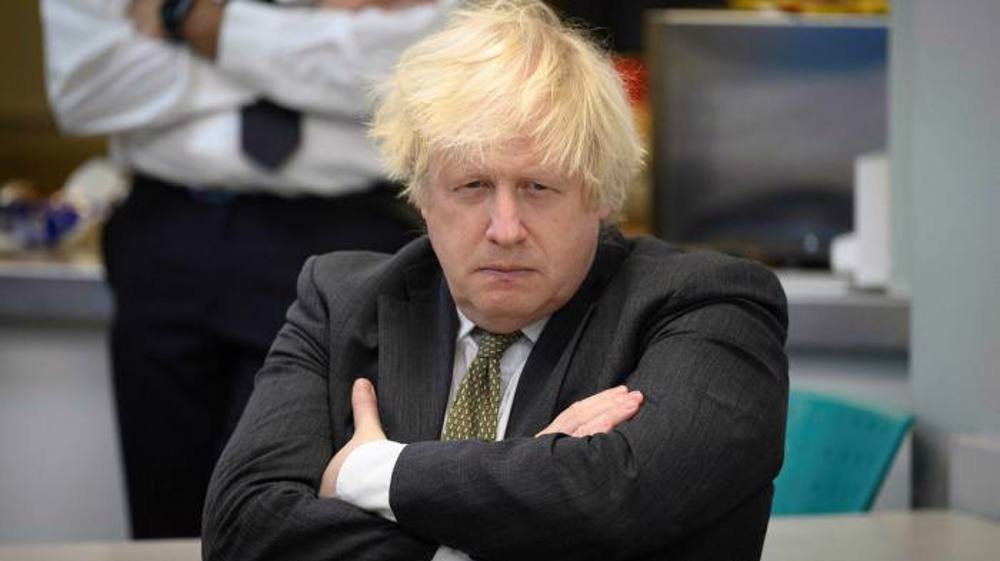
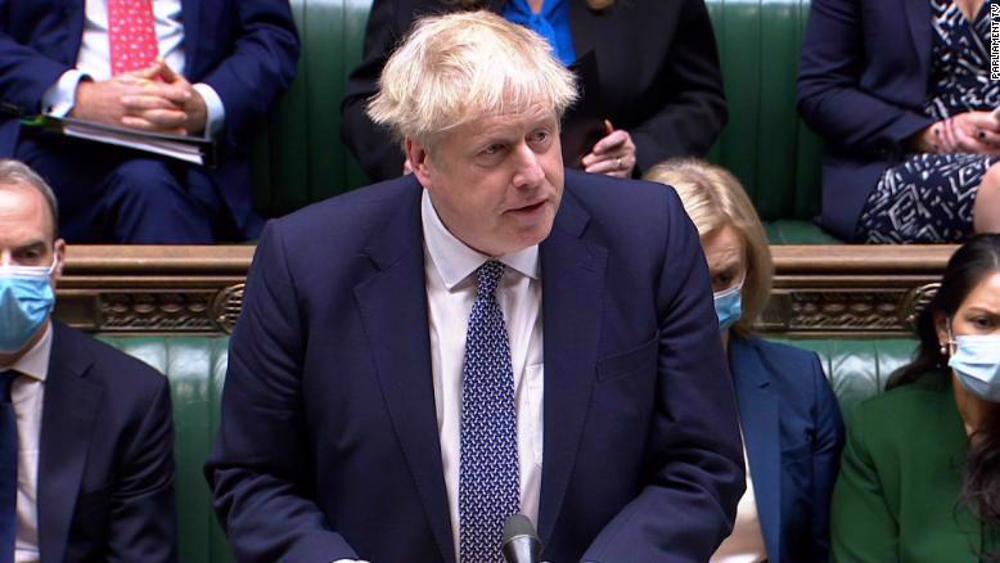
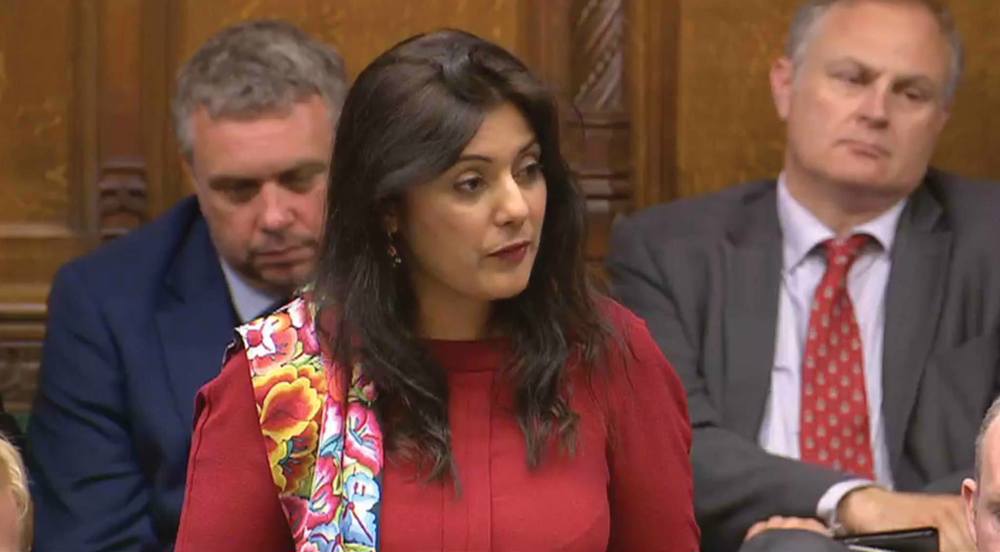
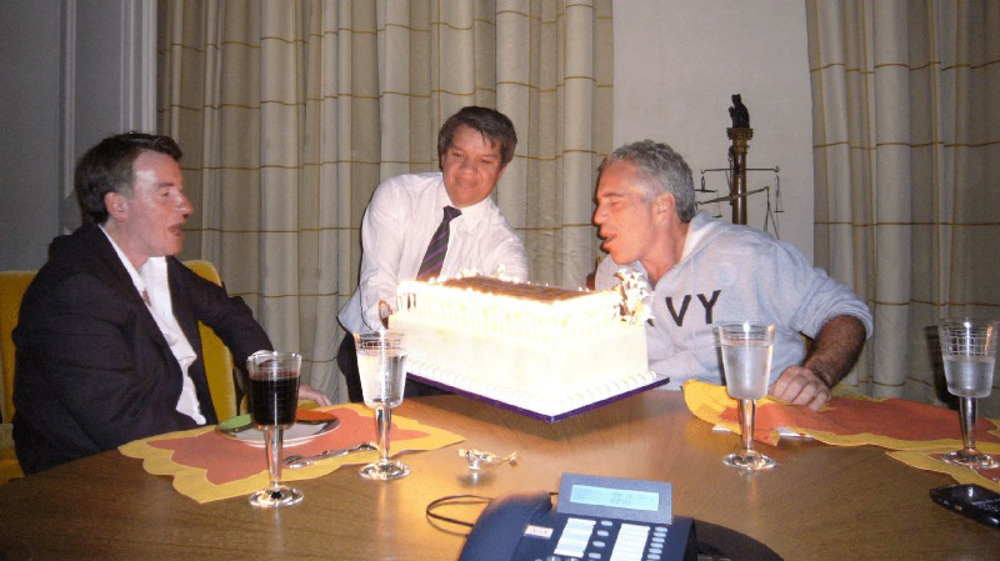
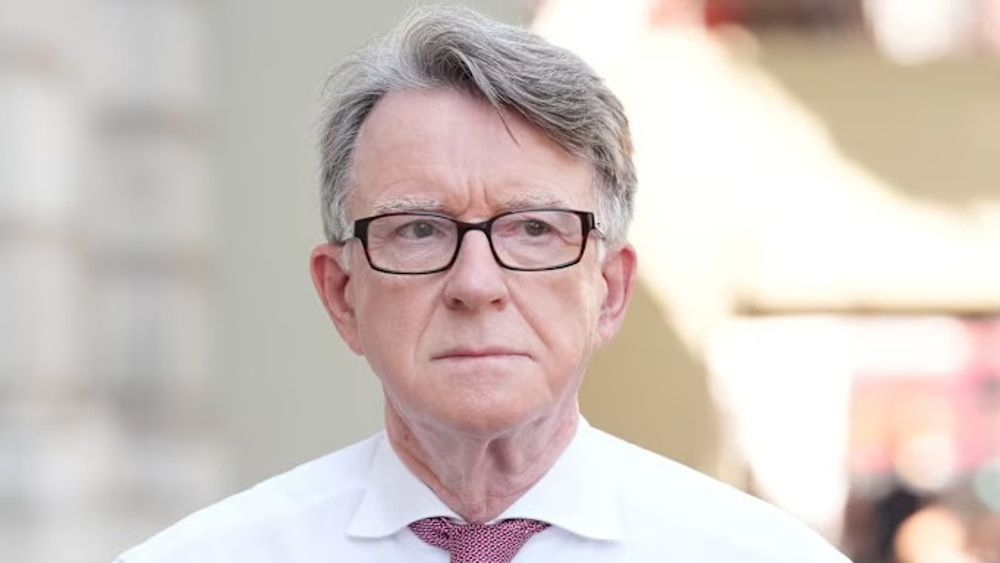
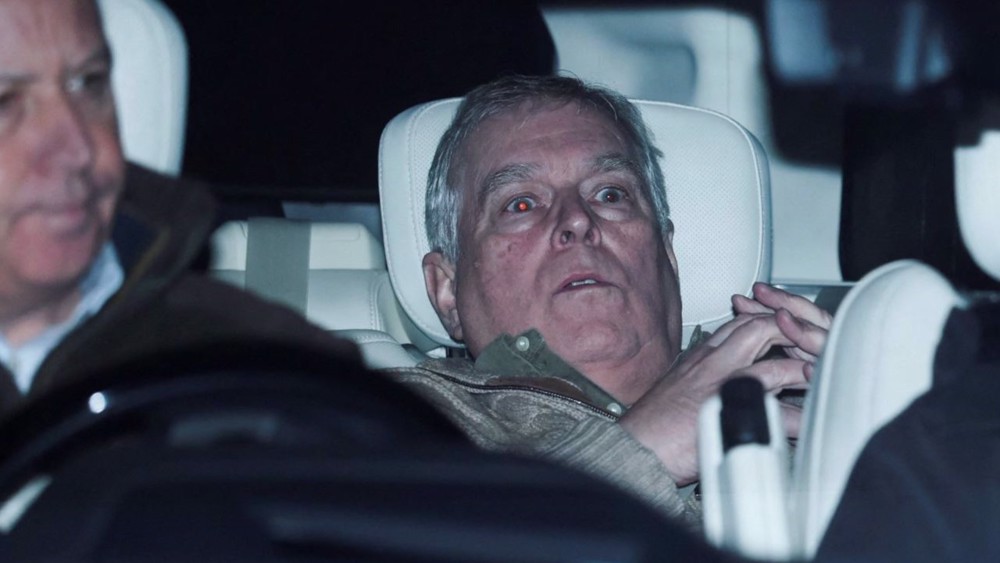



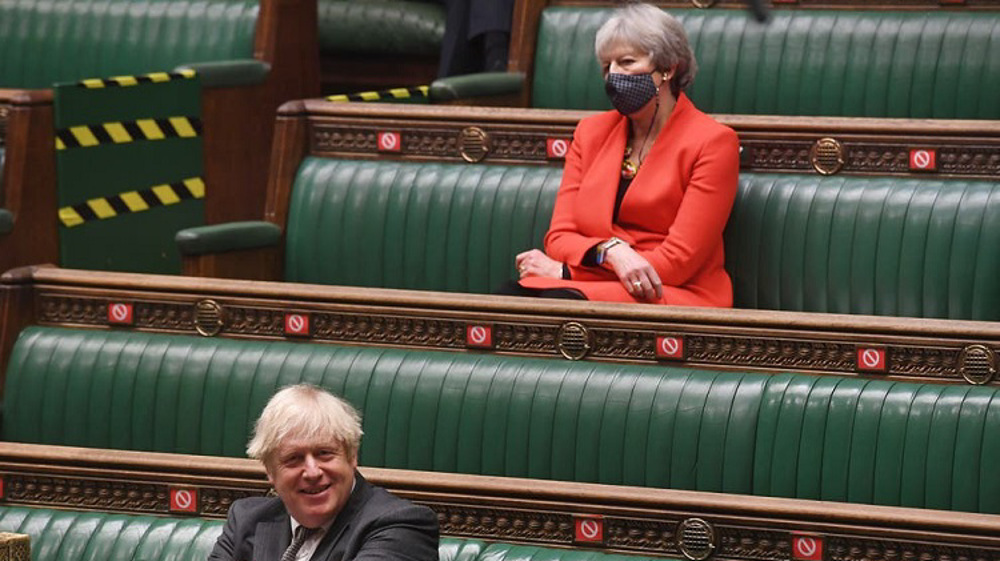
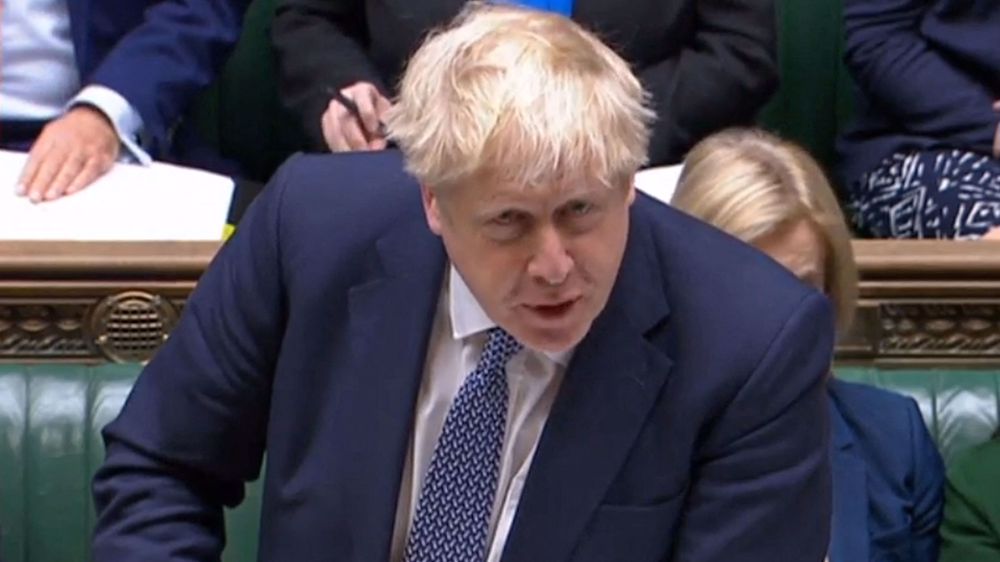
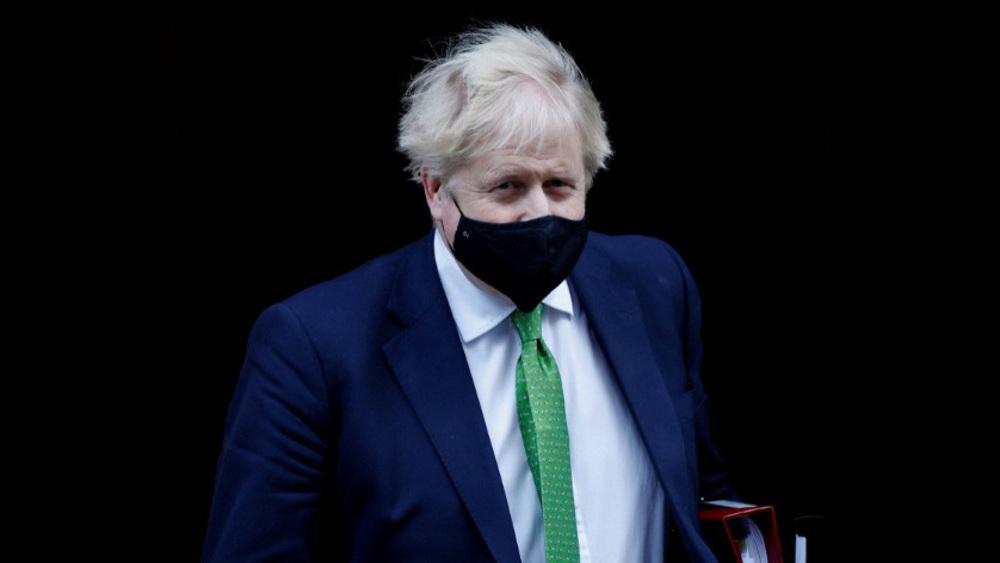
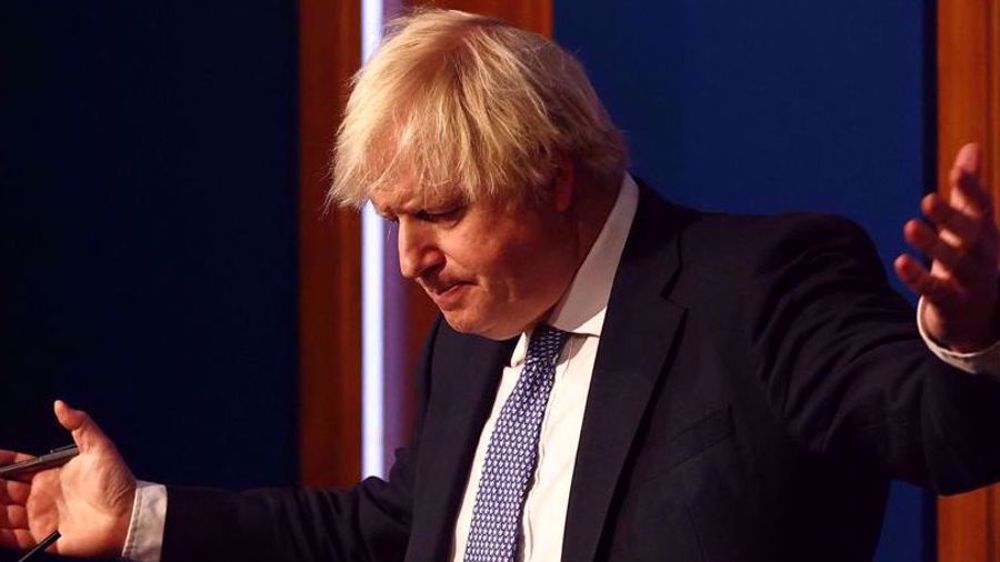
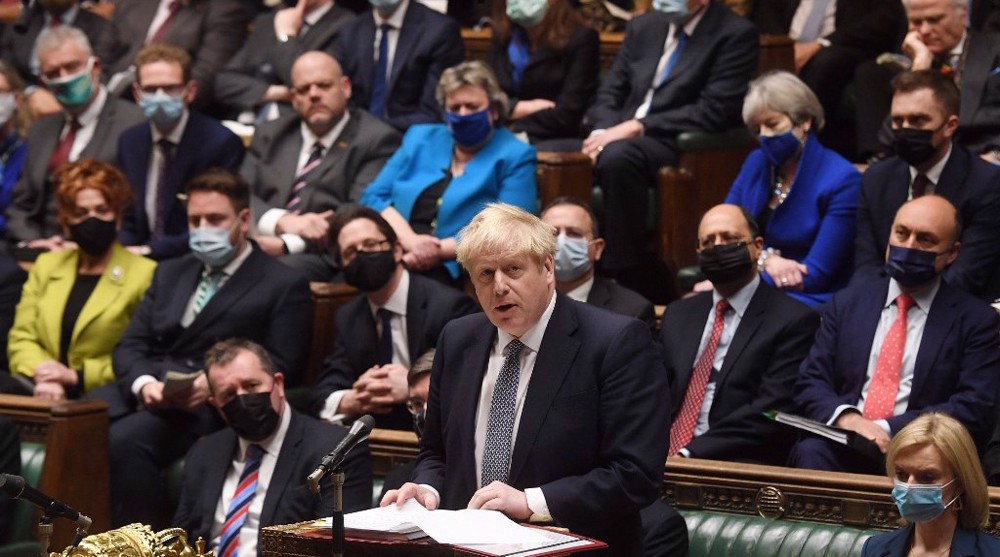

 This makes it easy to access the Press TV website
This makes it easy to access the Press TV website